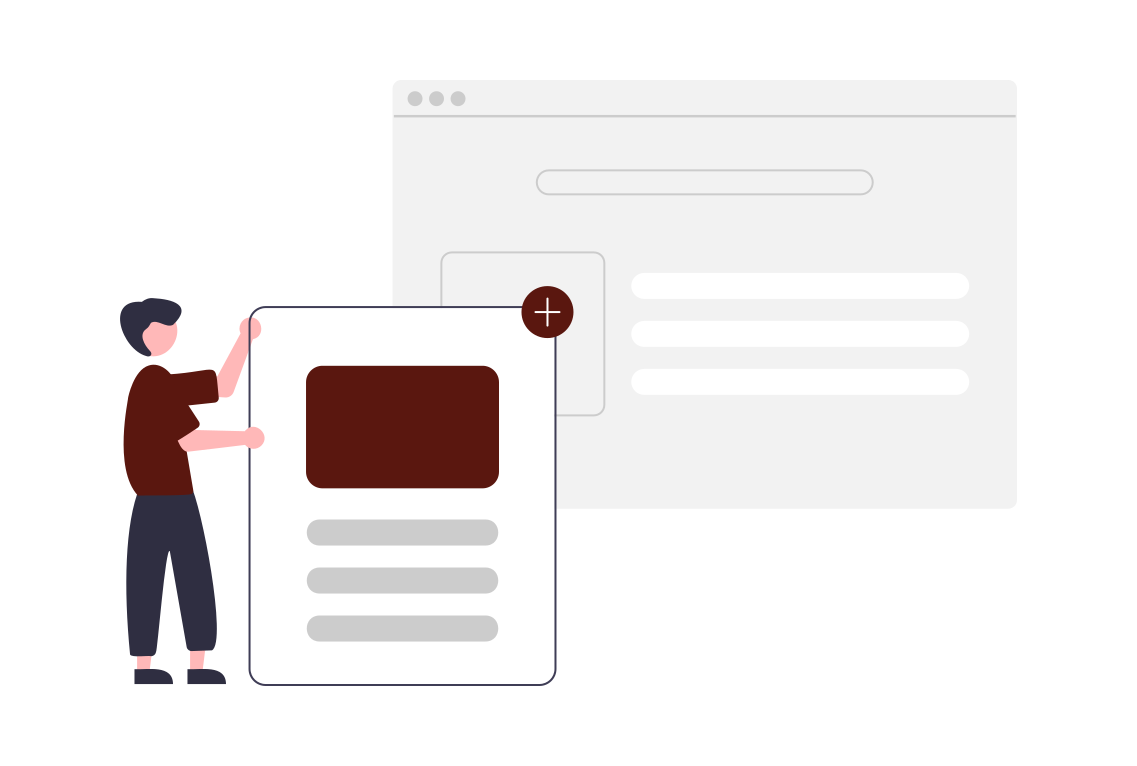
As a website owner, it’s crucial to regularly update and maintain your website content. Doing so not only helps you keep your website fresh and relevant, but it also helps you attract and retain visitors. However, updating and maintaining website content can be a daunting task, especially if you’re not familiar with the process.
In this blog post, we’ll provide you with some essential tips for updating and maintaining your website content.
- Establish a Content Strategy
Before you start updating your website content, it’s crucial to establish a content strategy. A content strategy outlines what content you will produce, how often you will produce it, and how you will distribute it. By creating a content strategy, you can ensure that you have a plan for updating and maintaining your website content in the long run. - Update Your Homepage Regularly
Your homepage is the first impression your visitors get of your website, so it’s crucial to keep it updated regularly. Updating your homepage can be as simple as changing your banner or adding a new blog post or article. - Keep Your Contact Information Up-to-Date
Your contact information is essential for your visitors to reach out to you. Make sure that your contact information is up-to-date and easily accessible on your website. It’s also a good idea to include a contact form on your website to make it easier for visitors to reach out to you. - Use a Content Management System (CMS)
A Content Management System (CMS) can help you manage your website content efficiently. A CMS enables you to create, edit, and publish your website content without requiring any technical skills. We can help transition your website into a CMS to help you manage your web content. - Create Fresh and Engaging Content
Creating fresh and engaging content is crucial for maintaining your website’s relevance and attracting visitors. You can create content in various forms, such as blog posts, videos, infographics, or podcasts. Make sure that your content is informative, engaging, and relevant to your audience. - Regularly Check for Broken Links
Broken links can harm your website’s credibility and user experience. Regularly check for broken links on your website and fix them promptly. You can use online tools such as Ahref’s Broken Link Checker to identify broken links on your website. - Monitor Your Website’s Performance
Monitoring your website’s performance is crucial for identifying and fixing any issues that may impact your website’s user experience. Use online tools such as Google Analytics to monitor your website’s performance regularly. Identify the most popular pages on your website and optimize them for better performance. - Regularly Backup Your Website
Regularly backing up your website is essential for protecting your website’s content and data. Use online backup services such as CodeGuard or BackupBuddy to automate the backup process and ensure that your website is always protected.
In conclusion, updating and maintaining your website content is crucial for maintaining your website’s relevance and attracting visitors. By following the tips outlined in this blog post, you can efficiently update and maintain your website content without any technical skills. Remember, regular updates and maintenance can help your website thrive and grow.
If you need help creating an efficient solution to help maintain, manage, and update your website content, contact us. We would love to help!